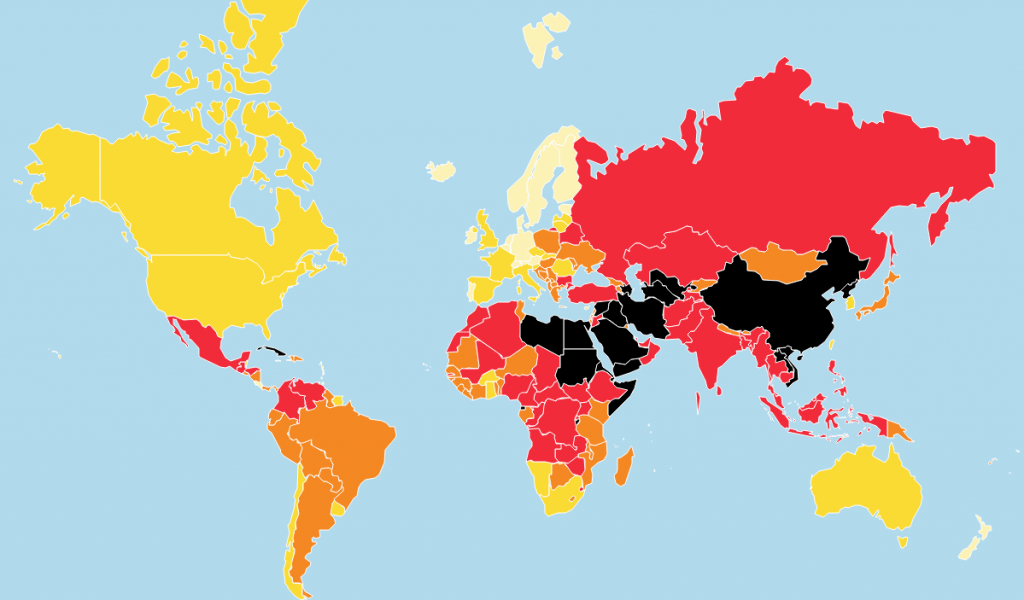Recent incidents of Quran desecrations in Sweden and Denmark have propelled both governments into a sensitive balancing act. Trying to ease mounting strains with numerous Muslim nations, they’re seeking ways to lawfully deter such provocations without undermining constitutional rights.
While instances of public disrespect towards the Quran, such as burning or damaging, have led to heated demonstrations in the last few weeks, they’ve also sparked widespread consternation among Muslim nations who insist on an immediate halt to such acts.
Responding to the growing outcry, the Danish government on Sunday expressed its intention to discover a legal mechanism that could grant authorities the power to intervene in protests that have “significant negative repercussions for Denmark, primarily security-wise.”
“This isn’t us buckling under pressure, but rather a political judgement that it’s in our collective best interest,” assured Foreign Minister Lars Lokke Rasmussen. His aim, he shared, was to signal both locally and internationally that they’re taking proactive steps to defuse the current challenges, thereby discouraging any potential escalation.
Despite these efforts, desecrations continued unabated in both countries. In Stockholm, an Iraqi refugee known for organising previous protests was seen burning a copy of the Quran outside the Swedish parliament. Meanwhile, in Copenhagen, anti-Muslim demonstrators set a Quran alight outside the Saudi Arabian embassy.
While these Nordic nations have expressed their disapproval of the Quran desecrations, constitutional laws upholding freedom of speech prevent any immediate legal intervention. However, both governments have signaled their intention to consider legal amendments that would enable authorities to deter such acts under special circumstances.
Also read: Eyes of AI Triumphs at NSW iAwards: Revolutionizing Industry with Pioneering AI-Based Medical Imaging
Swedish Foreign Minister Tobias Billstrom revealed his efforts to explain Sweden’s right to assembly and condemn Islamophobic acts to all 57 member countries of the Organisation of Islamic Cooperation (OIC). This occurred at a special OIC meeting where ministers strongly criticised the Quran desecrations and encouraged members to take suitable action, be it political or economic, in countries where the Quran is disrespected.
Following this meeting, both Billstrom and Rasmussen assured their continued dialogue with the OIC via posts on X (formerly Twitter). Furthermore, Billstrom committed to thoroughly examining the resolutions and recommendations put forth by the OIC.
Despite these reassurances, right-wing parties in both countries have publicly denounced these initiatives, insisting that freedom of speech cannot and should not be compromised.
Source: Malay Mail
















